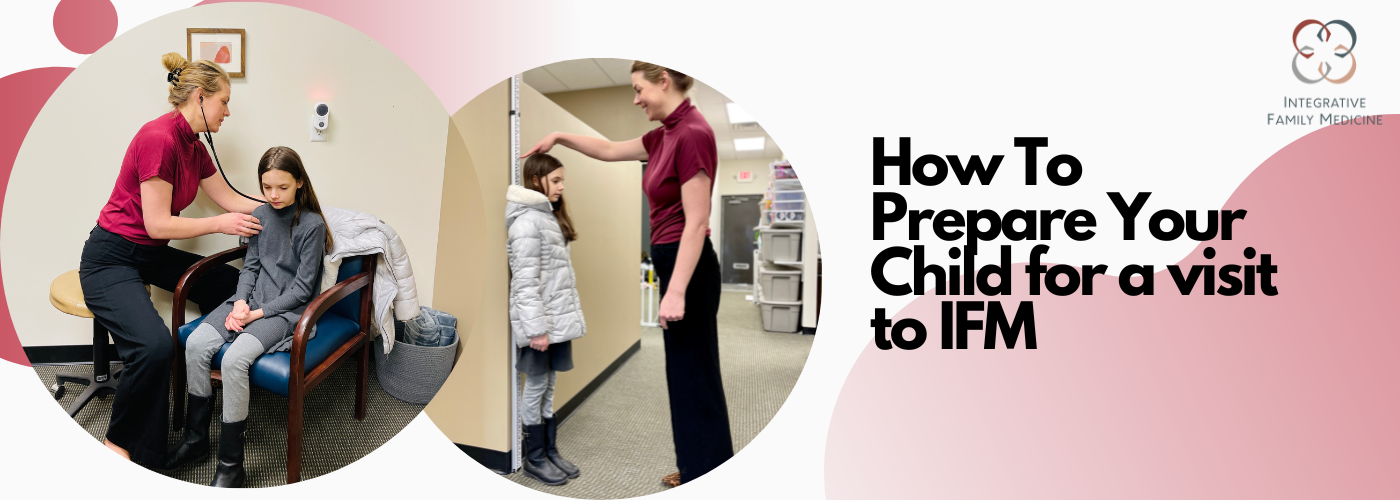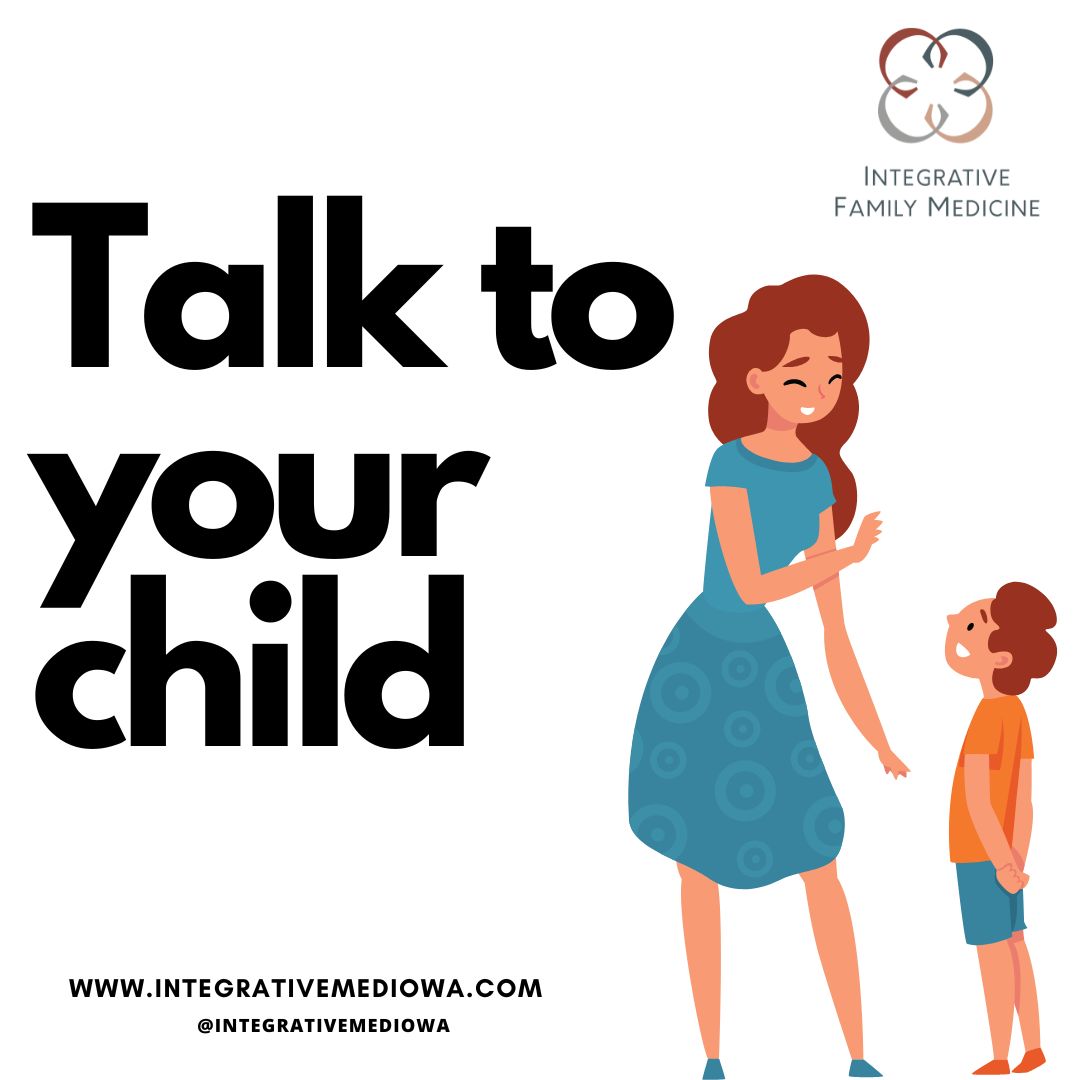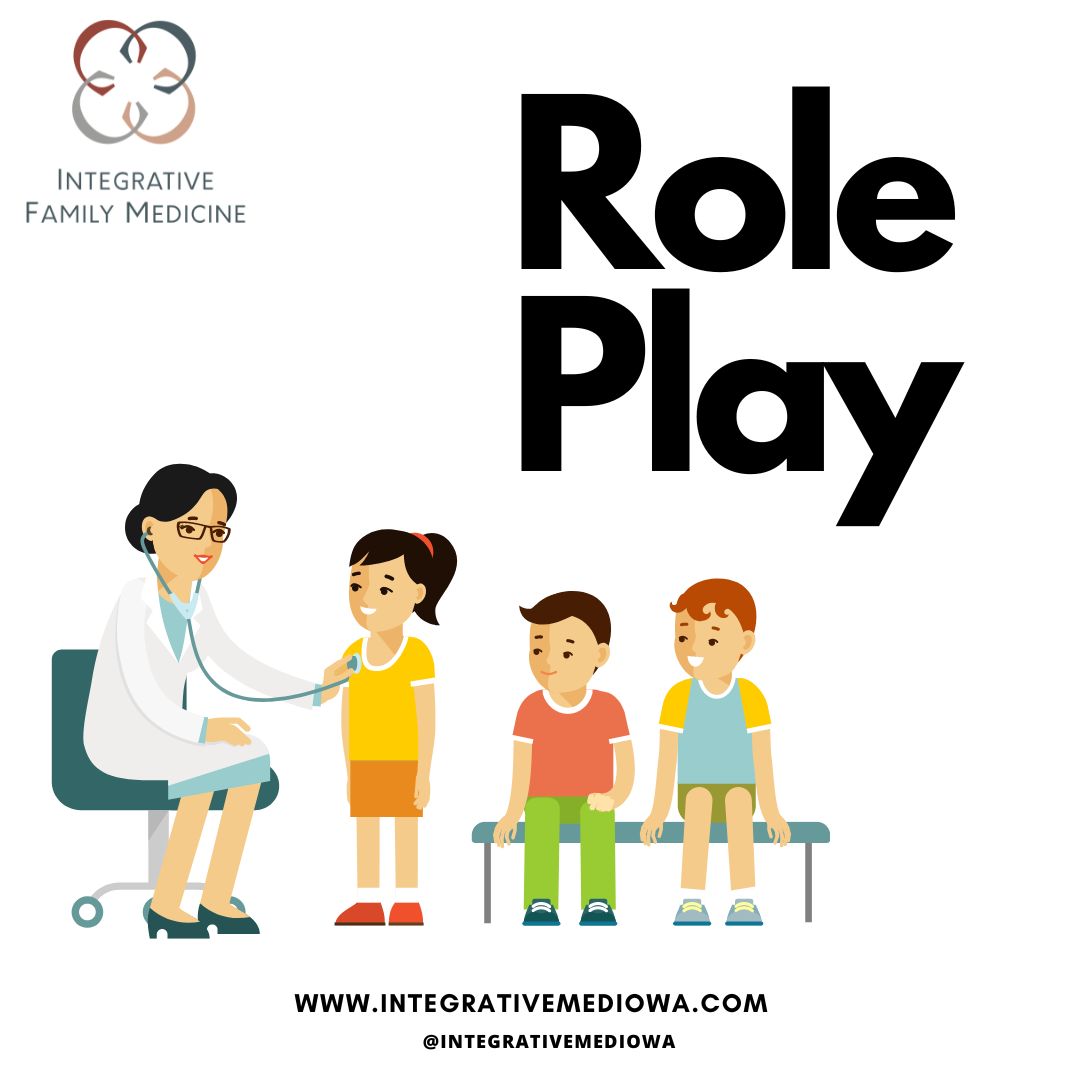|
Strep throat!!! We all know its symptoms pretty well. These can include headache, stomachache, sore throat, and swollen lymph nodes (to name a few.) Over the past few months, it has been noted that cases of "Invasive Strep" are increasing at a rapid rate in Europe and the US. The strains of strep infection that cause scarlet fever are becoming increasingly prevalent.
The age group that this is most dangerous in babies under age 1, as the infection can spread to the bloodstream and cause a lot of damage. Children under ten are the other age group that is most affected. What is Scarlet Fever? Scarlet fever is a term for the rash that develops in patients with strep throat. This rash is caused by a toxin produce by the strep bacteria. The rash can look different in different kids, so it is very important to have "odd" rashes looked at by your medical provider. The strain of strep that causes Scarlet Fever has also been correlated with PANS/PANDAS. What can we do? The most important thing is to get your child in to be seen if they are showing symptoms of strep throat. We will do a rapid strep test in the office, and many times will send the throat swab off for a culture to make sure that our rapid results are accurate. If your child is put on antibiotics for strep infection, PLEASE make sure that they take their medication as prescribed, and that they finish the entire course of medication. With these "invasive" strains of strep, sometimes the child will need a penicillin injection in addition to oral antibiotics. If left untreated, strep bacteria can invade the bloodstream and cause toxic shock syndrome, meningitis or brain abscess, joint infections. Local complications include tonsil abscess, ear infections, sinus infections, and skin infections. If you think your child (or yourself) needs to be seen, please give our nurse line a call! We have same-day appointments available so you can avoid going to urgent care. If the symptoms pop up over the weekend, I don't recommend waiting until Monday to be seen-go to Urgent Care over the weekend. All of this may sound pretty scary, but with antibiotic treatment, the infection will completely resolve without complications Stay well Sarah Lee, ARNP
2 Comments
Doing anything outside of your child’s regular routine can be a bit overwhelming and stressful for both parent and child. There are ways to help prepare your child so the experience is more positive and successful. These techniques can be used to help prepare your child for anything new that they may be experiencing such as their first day of school, potty training, a procedure at a hospital or out-patient surgery center, dental visit, and more. These are 3 ways to help prep your child for a successful visit to IFM.
Each day leading up to the appointment, repeat a similar conversation. On the way to the appointment, give one more reminder of what they can expect when they arrive at IFM. The more you talk and prepare them, the better they will feel going in. They may still be nervous, or even cry, and that is ok. Remind them that you are with them, they are safe, they are allowed to feel that way, and soon it will be over.
Parent: “Oh, I understand that you don’t like the way this medicine tastes. It is important to take your medicine because it will help your body feel better. How about I give you your cup of water so you can take a big drink after you take your medicine?” Dolly: “well, okay” Parent: “Here you go,” (hands water cup to Dolly and then gives her the medicine. Dolly then takes a big drink of water) Dolly: “That wasn’t so bad.” Parent: “Great job! I knew you could do it!” Sometimes a little encouragement goes a long way.
Utilizing these 3 techniques together, can really make a big impact on how your child’s visit to IFM will go. We hope this will help you and your child enjoy your experience here at Integrative Family Medicine, we look forward to your visit!
As we usher in the New Year, it's important to remember that every day is an opportunity to improve yourself. So many of us make resolutions at this time of year—and while they're great and all, they can be hard to keep up with. Instead of just resolving to get more exercise or work on your finances, why not resolve to improve your mental health?
Here are some tips for starting off your year right:
You can book an appointment with our Psychiatric Nurse Practitioners today. Let us help you be at your best in 2023 Dr. Justin Janss https://www.integrativemediowa.com/justin.html Dr. Danielle Fitch https://www.integrativemediowa.com/danielle.html When it comes to those three little words with a great big meaning, how comfortable are you verbalizing them to a friend, a spouse, or even your own child? Many of us struggle to say the words even if we are feeling them. I am here to tell you that the importance of actually verbally saying to your child, “I love you,” is great. In this blog we will look at the why and the how of saying I Love You. Research shows that children who feel a strong sense of acceptance and love at home, are more likely to develop a positive self-esteem. Having a positive self-esteem has many benefits such as: positive body image, healthy relationship with food, better social relationships, more success at school and work, and improved mental and physical health. Forming a positive self-esteem as a child will lead into adulthood, and ensure an overall happier more successful life for your child. So that’s the why, but what about the how? How do we incorporate saying and showing love to our child when that is not the norm for us? If you are like me (and many of us out there) I did not grow up in a particularly affectionate family. I knew I was loved but the words were not often spoken. I have found ways to incorporate the words into my child's everyday routine. For example, when my daughter wakes up I take two minutes to snuggle with her and tell her I love her. I tell her how she makes me feel so happy, and the best part of my day is spending time with her. This two minute interaction starts both of our days off with love. It fills our cups, and we are ready to start our day and tackle whatever comes our way. So I encourage you to bring the “I Love You” into your everyday conversations with your children. Show them love by giving them quality time, listening to them, and being silly. Give them examples of healthy loving relationships, with friends, family, and your partner. All of this will build trust between you both, promote a positive self-esteem, and even release some good serotonin. Here at Integrative Family Medicine, we love that you have become a part of our family. This practice was created to spread love and healing, and provide the care you deserve! Thank you for being a part of our story! Stephanie WelchPediatric Sensory Specialist |
Blog Info
Archives
June 2024
Categories
All
|
|
Visit our Locations
IFM | West Des Moines 475 S. 50th St., Suite 600 West Des Moines, IA, 50265 *Temporarily Closed* IFM | Ankeny 207 NE Delaware Ave. Suite 20 Ankeny, IA 50021 |
Office HoursMonday 9:00 a.m. - 5:00 p.m. Tuesday 9:00 a.m. - 5:00 p.m. Wednesday 9:00 a.m. - 5:00 p.m. Thursday 9:00 a.m. - 5:00 p.m. Friday by appointment. Sat & Sun Closed |
© 2024 Integrative Family Medicine of Iowa, PLLC.
All rights reserved.
All rights reserved.







 RSS Feed
RSS Feed

